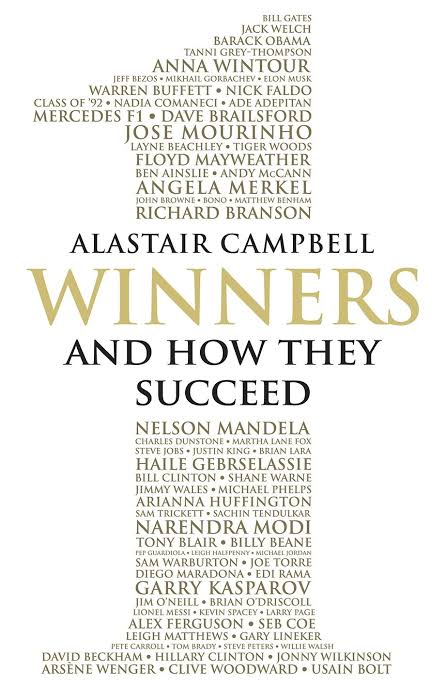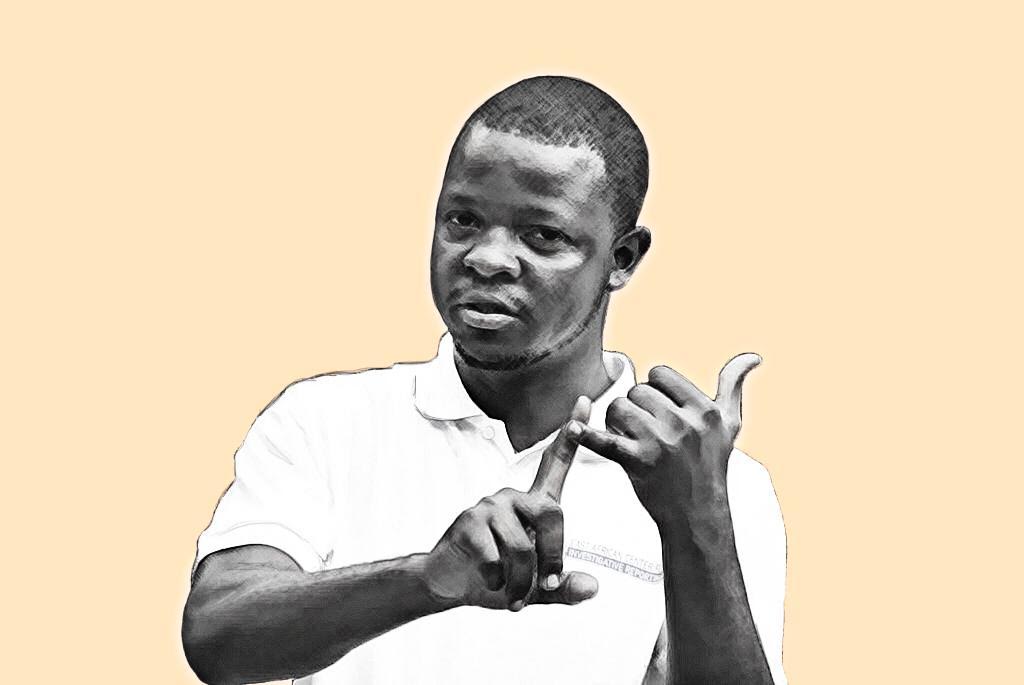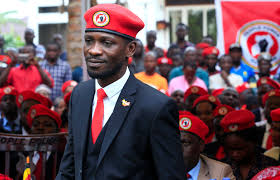Last week, I had a candid tete-a-tete over mildly spiced fish tikka masala and mashed potato at Piato Restaurant in Kampala’s upscale suburb of Nakasero. My guest was no lesser than the Secretary General of the almighty National Unity Platform (NUP), the amiable, beautiful and thoughtful Daudi Rubongoya. The subject of our discussion, in part, revolved around a tweet I had published calling out the eternal leader of NUP, comrade Robert Kyagulanyi, aka Bobi Wine following a tweet he had published on the 19th day of January, 2021. At 7:08am that day, the Principal, as his hangers-on christen him, fired a verbal missile against New Vision and its Managing Director, Don Wanyama. I interpreted that tweet as an attack on media freedom and an effort to gag the newspaper from further critical reporting on NUP.
When leaders speak, society listens. Their words, unlike those of us ordinary mortals, carry meaning and are laden with power. In effect, whereas as humans we enjoy freedom of speech, expression and conscience, societal norms and the law limit the extent to which we enjoy this freedom. Often time, when leaders speak, we read between the lines. We scrutinise the import and implication of their tweets. When President Yoweri Museveni, after Daily Monitor has published a story he is not pleased with, calls its editors and journalists names, the owners of that newspaper have reason to lose sleep. He is no ordinary Mukasa in Masaka, Odur in Kitgum or Kakwenza in Rukungiri.
Therefore, when we scrutinise comrade Bobi’s words, it is a badge of honour that he should carry with fortitude. Once he set his foot on the political stage and offered himself for the highest office in the land, he elevated himself to a position of power greater than that of a ghetto singer. His posts on social media have power; power to incite, power to morale-boost, power to move his legion of faithful and sometimes belligerent supporters into or out of action. We do not take them lightly. He is a leader with so much power under his belt.
Leadership comes with enormous responsibility. It is serious business. It is not as simple as sipping weed tea, a popular drink in Kampala restaurants and bars I personally enjoy these days.
One of the burdens leadership comes with is scrutiny. Even a barefoot man who cannot afford three meals a day will comment on Governor Emmanuel Mutebile’s legacy. What more, then, can the media, as the watchdog of society, do? Flashing torchlight into a politician’s activities, they will do, with irritating ferocity. Exposing the rumblings in a party, they will do, menacingly. Sometimes they get it wrong. Sometimes they are used by people with ill intentions but that is not a blank cheque to throw the baby with the bath water.
To buttress this point, I summon, as an expert witness, Alastair Campbell who worked closely with ex-British premier Tony Blair. In his book, ‘Winners and How They Succeed,’ he notes, “The fact is that the person at the top is going to be criticised, whether fairly or unfairly.” Abraham Lincoln was called by Wilbur F. Storey’s Chicago Times, “a lank, nerveless, almost brainless and vacillating old man whose judgement, always paralysed, was weak.” Elsewhere, this American giant was called, “a thing, mean, brutal, unprincipled, vulgar, a blunderer, a charlatan, a temporizer, a crude, illiterate, bar-room witling, fungus from the corrupt womb of bigotry and fanaticism…a worse tyrant and more inhuman butcher that has existed since the days of Nero.” In 1985, William F. Buckley, writing in National Review, wrote of the Great Nelson Mandela, “Where Mandela belongs, in his current frame of mind, is precisely where he is: in jail.” If all these extraordinary men have been criticised, how about comrade Bobi who wouldn’t qualify to tie their shoe laces?

I agree with Campbell, “Obviously, no skin should be so thick that you become impervious to critics who may have a point but it does need to be thick enough to live with the hurt that criticism and attack may inflict and thick enough to withstand criticisms that are just part and parcel of being a leader in any situation where others are entitled to express a view.”
I shall now discharge Campbell from the witness box and invite you, dear reader, to reflect on the quality of public debate in our country, especially as happens in and mediated through Twitter and Facebook.
In the last one decade, our tolerance levels and respect for divergence of opinion on matters politics, have gone to the gutters. Between the National Resistance Movement (NRM) supporters and their opponents, a line has been drawn so much so that ‘you are either with us or with them’. To toe a middle line is to invite insults on ones mother, body parts, and even threats of violence, sometimes marinated with alarming ethnic prejudices. In ancient Greece, the forecourt of the Temple of Apollo bore these words, ‘Nothing in excess.” Moderation, alongside justice, wisdom and courage, were the pillars of ancient Stoics. Aristotle, the Greek philosopher, a student of Plato and teacher of Alexander the Great, emphasised the theory of the golden mean or the golden middle way; a desirable middle between two extremes.
Suffice it to say that the media, and I say this as someone who’s been active in that space since age 16 when I first got published by New Visionand Daily Monitor, has, over the years, been successfully cowed by politicians. There is a danger in holding those with power to account, be they NRM, NUP or the Forum for Democratic Change or Democratic Party or Uganda People’s Congress. Our opposition leaders and their sycophantic supporters will be fast to write off a newspaper that dares to report freely on them. Consequently, journalists have been thrown into self-censorship default settings in the fear of being labelled spies or state operatives or having “sold your soul.” This holier-than-thou mentality is so deeply entrenched in the psyche of the political class and their foot soldiers that it is becoming practically impossible for civil society or the media to engage freely on the political questions of the day.
Effectively, freedom of the press is under attack both from those holding state power and those wrestling for it. The best friend of the opposition is the journalist that day in, day out, writes or regurgitates what they want to hear. The best friend of those in power is the journalist who writes or says what soothes their ego. Name-calling, a useful ammunition in propaganda tool kits across the world, has effectively become the control mechanism that insulates politicians from scrutiny. The media has become so meek that when questioning the opposition or those in power, they think twice. Politicians are getting a free ride. Their track-record cannot be challenged without dragging the media house to the pig-sty for tough love making. Under our watch, robust public debate is dying. Despots in the waiting room of power are emerging and getting emboldened. Cry, mother Uganda!
Therefore, comrade Bobi’s utterances are only a symptom of the larger cancer that has crippled media space in this country, a cancer caused by both those in power and their opponents. Whereas one is entitled to condemn and call out a newspaper over inaccurate and unbalanced reporting, I am also conscious that in Uganda, this is, sometimes, a cover-up for blackmail whose intent is to gag. Sometimes, it is legitimate, as we saw with Dr. Kizza Besigye’s and Amama Mbabazi’s successful argument in the Supreme Court presidential election petitions of 2001, 2006 and 2016, that Uganda Broadcasting Corporation (UBC) was unbalanced in its reportage on Mr. Museveni’s opponents. Incidentally, when the same charge was brought against New Vision in the 2016 election petition, the Supreme Court was not persuaded that the newspaper had been unfair in its coverage of candidate Amama Mbabazi.
The New Vision, easily one of the more professionally run editorial teams in Uganda, again, I say this as someone who wrote for Ugandan newspapers between age 16 and 27, and one of, if not, the most successful government-owned newspapers in Africa, was, in this particular regard, being attacked with a nefarious motive to gag its journalists and editors from further critical reporting on the demi-god that our comrade has become in the last three years. If the Monitor or Observer did the same stories with different bylines, the claim would be that Museveni has sold his long-horned cows and bought them off.
It is dangerous for any society to have a media eco-system that is too afraid to hold those with power, be they in opposition or government, to account. NUP supporters argue that their leader was calling out the New Vision over ‘false content’. That is a dangerous and slippery slope considering that in this country, we once had an offence on publication of false news under which several journalists were booked into the coolers. It took the courageous effort of Charles Onyango Obbo and Andrew Mwenda to challenge this offence up to the Supreme Court to have it struck off our law books. What happens if, it later turns out, that what you call false content, and to use comrade Bobi’s words, ‘manufactured lies’ was actually true?
The long and short of it is that our political class must thicken their skins and accept scrutiny, unless of course, their commitment to democracy is sheer lip-service. A media sector without freedom to hold those in power and those seeking power to account, is reduced to lame-duck status when a man is a sacred bull who must be worshiped, his every word recited like the rosary, his actions, like those of kings of yore, above scrutiny. I find repugnant, the idea that we must remove our shoes, sanitise our hands, prostrate before and kiss the feet of the Almighty Deputy Jesus Christ from Kamwokya who is on a God-sent mission to solve problems of Uganda since 1894 when the British forged this work-in-progress nation. Like King Louis XVIII of France, I would rather chop wood.
Let us build consensus on the idea that the media should be the last institution to be deprived of sufficient independence and courage to report freely. Let us allow the media to expose all the human rights violations, corruption and incompetence of General Museveni’s government and allow the same media to report on all the shady things happening in the backyard of his opponents.
What is good for the cow, as we say in Ngakarimojong, should, surely, be good for the bull. This creeping despotism and cultism of Comrade Bobi that places a knee on the neck of the media and any critical voices is at variance with democratic values. Dear comrade Bobi, if you cannot withstand scrutiny, please consider vending ice cream, though buyers sometimes write bad reviews on the internet these days. Alternatively, it is not too late to become a Reverend.

Ivan Okuda is a Legal Associate with Anguria & Co. Advocates, Managing Editor of the East African Center for Investigative Reporting’s www.voxpopuli.com.


